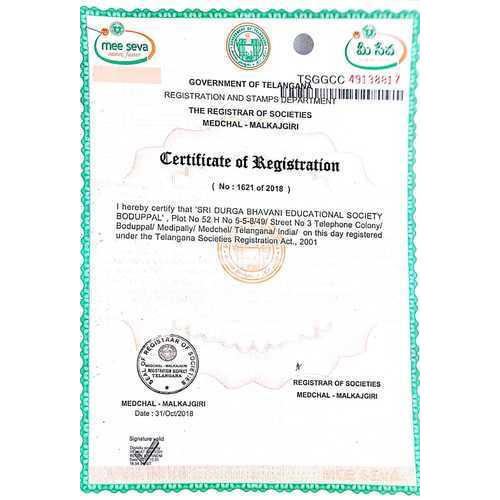A proprietorship company, often referred to as a sole proprietorship, is the simplest form of business structure where an individual owns and operates the business. In this type of business, there is no legal distinction between the owner and the business entity itself. The owner is personally responsible for all the debts and liabilities of the business, and they have complete control over its operations and decision-making.
Proprietorship companies are easy to set up and require minimal legal formalities and paperwork. Typically, the owner uses their own name or a trade name for the business. They are also responsible for all aspects of the business, including finances, management, and day-to-day operations.
While proprietorship companies offer simplicity and full control to the owner, they also have some drawbacks. One major drawback is the unlimited personal liability of the owner, which means their personal assets are at risk if the business faces financial difficulties or legal issues. Additionally, proprietorship companies may find it challenging to raise capital or expand, as they rely solely on the resources of the owner.
Overall, proprietorship companies are suitable for small businesses or individuals who want to start a business with minimal formalities and prefer full control over their operations.
Proprietorship Company Certificate [sample]

Let’s take a closer look at the benefits of Proprietorship Firm registration in India :
Registering a proprietorship provides legal recognition to your business entity. It establishes the business as a separate entity from the individual owner for certain legal and regulatory purposes.
Registration often involves obtaining a business license or permit, depending on local regulations. This formalizes the business and allows it to operate legally within its jurisdiction.
Registering a proprietorship may be necessary for tax purposes. It allows the owner to obtain a tax identification number, file taxes under the business name, and potentially access tax benefits or deductions available to businesses.
Many banks require official business registration documents to open a business bank account. Registering the proprietorship provides the necessary documentation to separate personal and business finances.
Some contracts or agreements with suppliers, clients, or landlords may require proof of business registration. Registering the proprietorship ensures the ability to enter into such agreements in the name of the business.
While proprietorships do not offer limited liability protection like corporations or LLCs, registration may still provide some level of liability protection by clearly delineating the business entity from the individual owner.